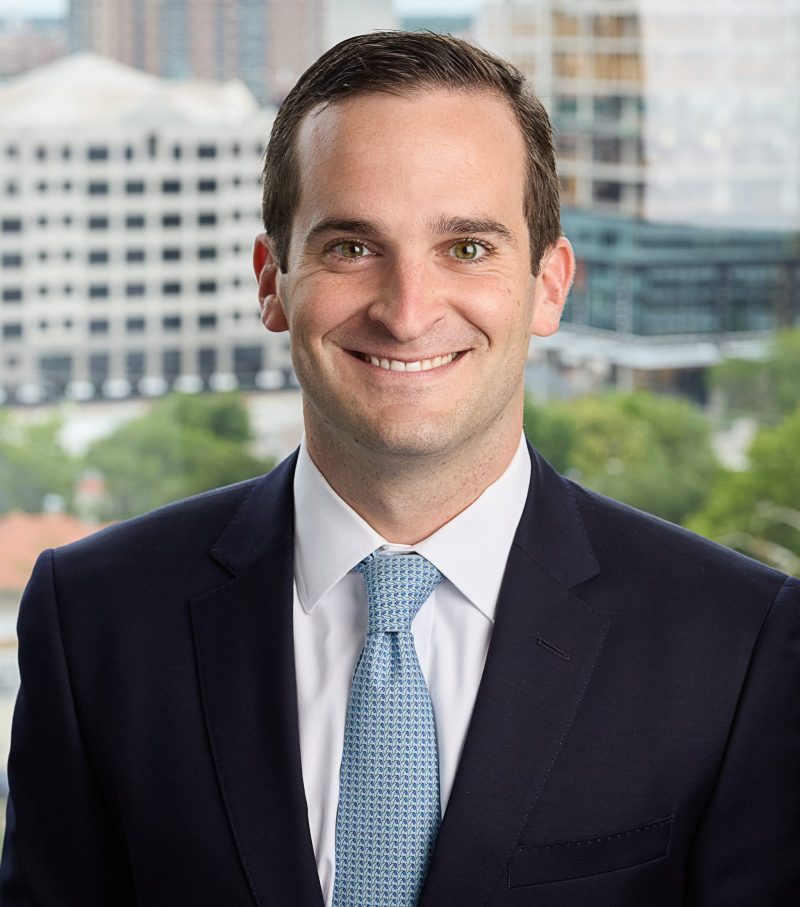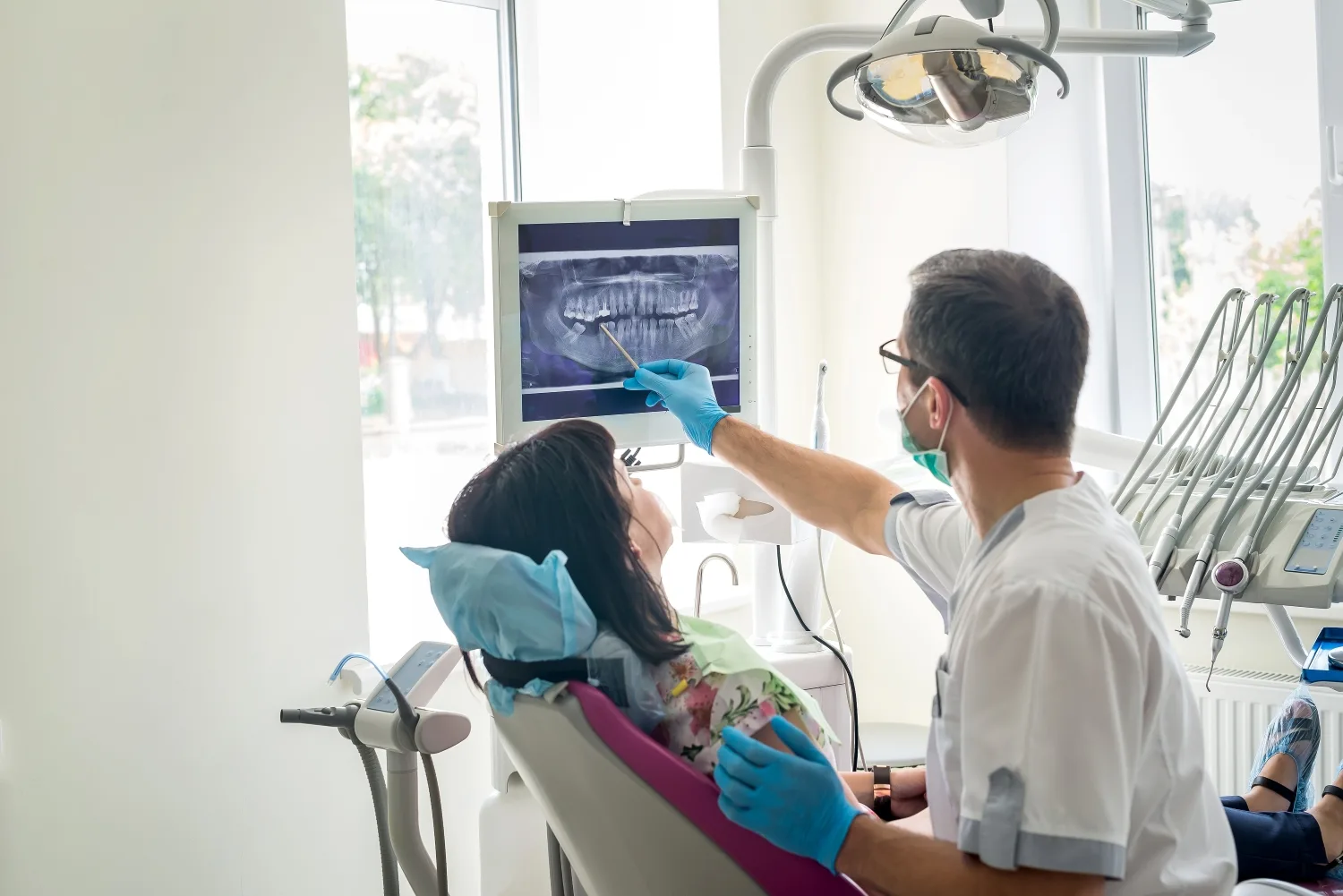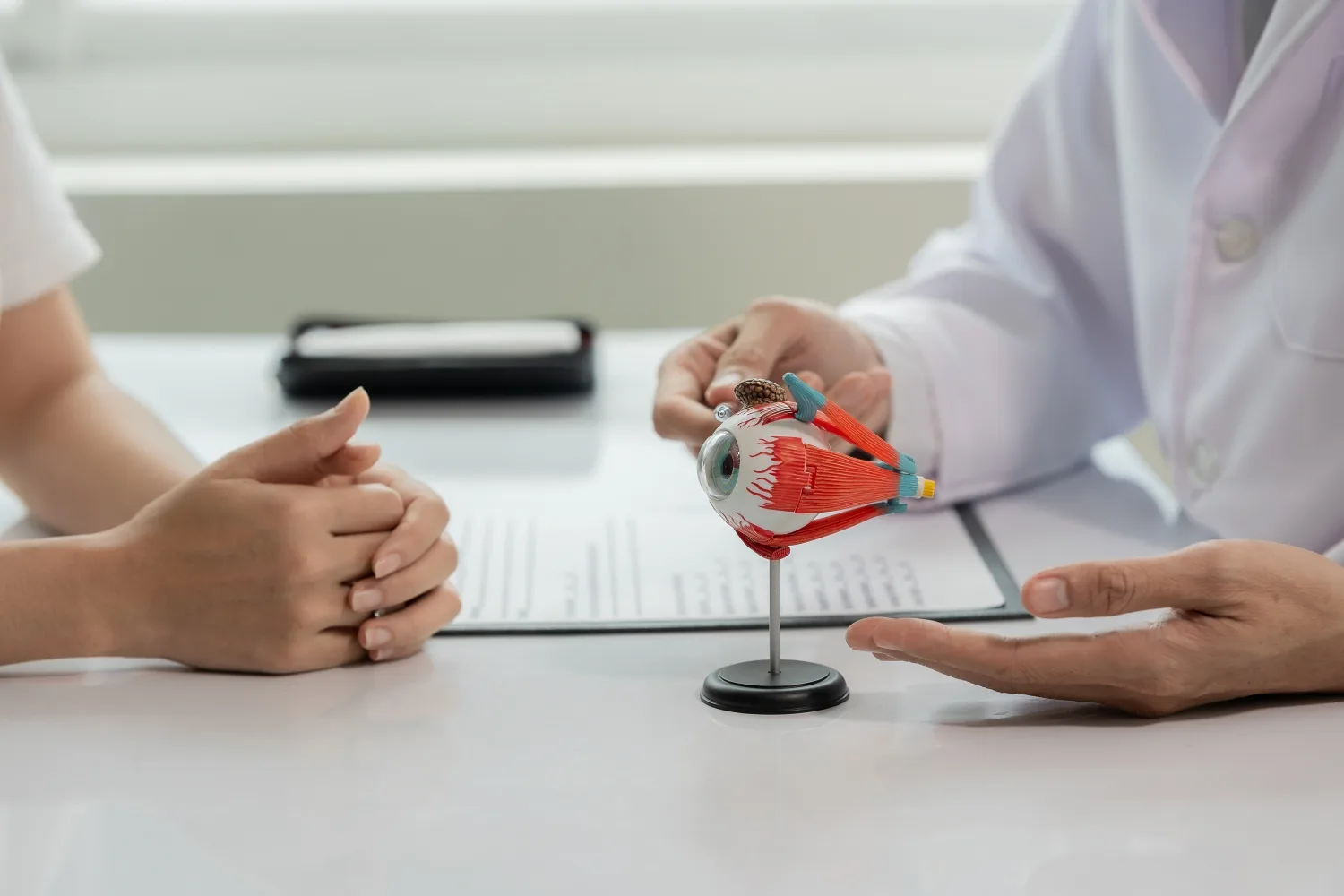
In recent updates from two of the largest, publicly traded behavioral health companies in the U.S., Universal Health Services, Inc. (UHS) and Acadia Healthcare, both companies highlighted their ongoing expansion efforts and strategic focus areas within the behavioral health sector. As demand for behavioral health services continues to grow, UHS is making headway with new facilities and joint ventures (JVs), while prioritizing bed expansion at existing sites. Similarly, Acadia is addressing a substantial industry-wide bed shortage through large-scale investments in new beds and partnerships. This overview details key developments from UHS’ and Acadia’s Q3 2024 earnings reports, emphasizing each company’s strategic focus on expanding behavioral health services to meet rising demand.
UHS
UHS operates 186 inpatient behavioral health facilities across 39 states in the U.S. and 144 behavioral health facilities in the United Kingdom, totaling more than 24,400 beds. In their earnings call, Executive Vice President, CFO & Secretary Steve Filton spoke on recent developments surrounding UHS’ behavioral health segment. For example, they recently opened River Vista Behavioral Health Hospital, a 128-bed hospital in Madera, California, and they are developing Southridge Behavioral Hospital, a 96-bed hospital in West Michigan. Southridge Behavioral Hospital is a JV with Trinity Health, Michigan, and is expected to open in the spring of 2025.
When asked about the JV pipeline, merger and acquisition (M&A) opportunities, and the use of capital specific to behavioral health, Filton stated that they are focused on the opportunity to increase volumes by adding beds to existing locations. This initiative was a secondary focus when they were struggling to staff existing beds, but it is a priority once again now that the labor market has stabilized. When addressing M&A opportunities, he stated that many of the opportunities presented to them are not compelling. This leads him to predict that capital deployment will continue to be focused on capex and share repurchases.
Another area of focus for future initiatives surrounds outpatient care in general. Filton stated that UHS anticipates more demand for access to outpatient care. In response, they are expanding their service offerings for military members and addiction treatment, as demand for these service lines has increased significantly.
Filton also addressed new Medicaid supplemental payment programs in various states and their potential net benefit.
Acadia
Acadia, the largest, pure-play behavioral health provider in the U.S. and Puerto Rico, operates across 38 states with 258 treatment facilities and over 11,400 beds. In their earnings call, CEO & Director Christopher Hunter shared insight into the status of bed count growth this year. Acadia is on pace to complete construction on approximately 1,200 beds this year, with 700 of these beds projected to be completed in the fourth quarter. These beds are associated with several new, wholly owned and JV facilities, including hospitals and partnerships with Henry Ford Health in Detroit, Michigan; Intermountain Health in Denver, Colorado; and a new acute-care, de novo facility in Madison, Wisconsin. They also anticipate adding 400 beds to their existing facilities for the year.
When addressing the lack of supply in the behavioral health industry, Hunter noted that current estimates indicate a need for approximately 75,000 additional beds nationwide to adequately meet patient demand. In response, Acadia is in the process of investing billions of dollars to expand access over the next several years. This will include the act of constructing more than 2,000 beds over the next two years. Acadia views this as an attractive use of capital, as they expect new bed capacity to drive volume growth in future periods. Hunter also cited a robust JV pipeline, which they are accustomed to, given their 21 current JV partners. This remains a key element of their business strategy, as they are in discussions about adding new facilities with numerous partners, many of whom already operate multiple locations with them.
Similar to UHS, Acadia’s management also addressed the path to improving reimbursement due to Tennessee’s proposed supplemental payment program.
Tennessee Medicaid Supplemental Payment Program
CMS is in the process of approving a new Medicaid supplemental payment program in Tennessee. The initiative proposed by TennCare, Amendment 7 of TennCare III Demonstration, intends to enhance benefits, promote access to care, improve quality outcomes, and improve transparency and program administration.
Tennessee is proposing to amend the benefits package authorized under the demonstration to allow the state to cover the full continuum of care for individuals with serious mental illness (SMI) and serious emotional disturbance (SED). Specifically, Tennessee is requesting expenditure authority to cover services provided to individuals with SMI or SED who are receiving treatment in facilities that meet the federal definition of an institution for mental diseases. The state’s objective in seeking this expenditure authority is to maintain beneficiary access to mental health treatment services in appropriate settings and to ensure individuals receive care in the settings most appropriate to their needs.
If approved in its current form, the Tennessee program would result in an estimated annual net benefit of $40 million to $56 million, according to UHS. Acadia also reported optimism that they will experience a net benefit next year following the program’s approval. Both companies expressed an expectation that the retroactive effective date would be July 1, 2024, which would result in an out-of-period benefit.
UHS’ Steve Filton also addressed a new Medicaid supplemental payment program in Washington, D.C. and a proposed funding increase to the existing program in Nevada, which would provide significant annual net benefits based on current estimates. Acadia’s CFO, Heather Dixon, represented her belief that states are continuing to invest in psychiatric care, and Acadia’s conversations with payers continue to be positive as a result of that trend.
Conclusion
This growing commitment from both private and public sectors underscores the sustained demand in behavioral health, driven by rising patient volumes and increasing government investment. For further details, the public can access UHS’ and Acadia’s earnings reports, along with the Tennessee TennCare website for updates on Medicaid program changes.
Sources
Wilson, R. (2024). 10 things to know about UHS’ behavioral operations. Becker’s Behavioral Health. https://www.beckersbehavioralhealth.com/behavioral-health-news/10-things-to-know-about-uhs-behavioral-operations.html
Universal Health Services, Inc. (2024, October 24). Q3 2024 earnings call transcript. S&P Capital IQ. https://www.capitaliq.com/CIQDotNet/Transcripts/Detail.aspx?keyDevId=1899339232&companyId=36040
Acadia Healthcare. (2024). Locations. Retrieved November 13, 2024, from https://www.acadiahealthcare.com/locations/
Acadia Healthcare. (2024, October 31). Q3 2024 earnings call transcript. S&P Capital IQ. https://www.capitaliq.com/CIQDotNet/Transcripts/Detail.aspx?keyDevId=1900372911&companyId=26259736
Tennessee Division of TennCare. (2024, September 12). Draft of Amendment 7 to the TennCare III Demonstration. Retrieved from https://www.tn.gov/content/dam/tn/tenncare/documents2/DraftVersionOfAmendment7.pdf
Tennessee Division of TennCare. (2024, September 12). Notice of change to the TennCare III Demonstration Amendment 7. Retrieved from https://www.tn.gov/content/dam/tn/tenncare/documents2/Amendment7ComprehensiveNotice.pdf






